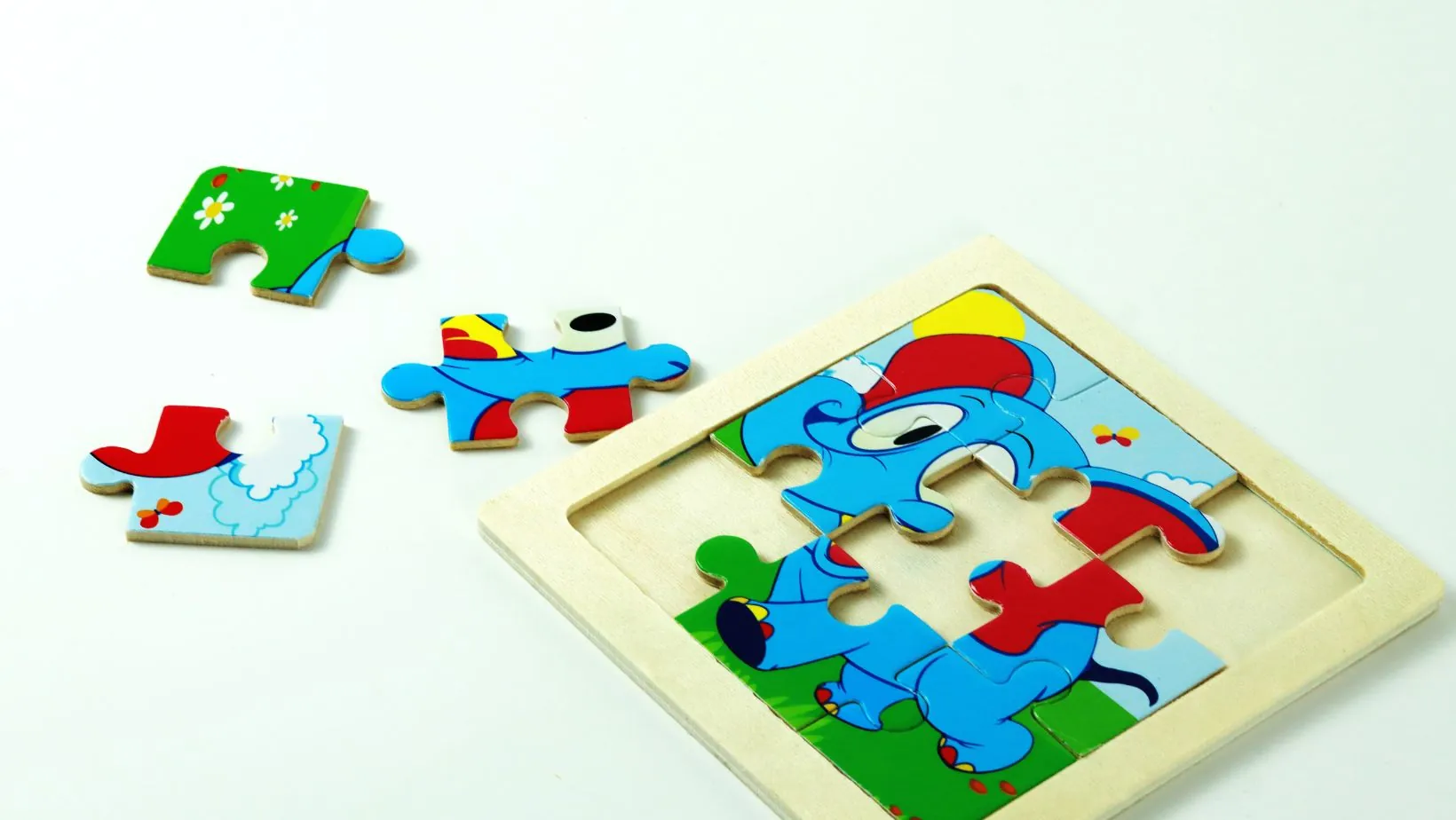In a world where boredom lurks around every corner, smart games puzzles swoop in like superheroes, ready to save the day. These brain-teasers are not just games; they’re the ultimate workout for the mind. Whether it’s solving a tricky riddle or piecing together a challenging visual conundrum, players find themselves hooked, often laughing at their own bewilderment along the way.
Table of Contents
ToggleOverview of Smart Games
Smart games represent a diverse category of puzzles designed to challenge the mind. They stimulate cognitive functions such as problem-solving and critical thinking. Engaging with these games enhances mental agility and promotes strategic planning skills.
Players often enjoy a range of formats, including logic puzzles, spatial reasoning activities, and riddles. Each type offers unique challenges that can cater to various skill levels. Many smart games incorporate elements of competition, encouraging a fun rivalry among friends or family members.
Statistics reveal that regular engagement with such brain-teasers can improve memory retention by as much as 20%. Educational institutions frequently use puzzles as tools for teaching critical thinking and enhancing creativity. Parents also appreciate smart games for their ability to keep children entertained while providing an effective learning experience.
By participating in these games, individuals can also develop patience and perseverance. Progressing through tougher levels fosters a sense of achievement, and the satisfying feeling of completing a challenging puzzle is often a key motivator. Smart games have gained popularity across multiple age demographics, demonstrating their universal appeal.
In addition to their mental benefits, these games can also serve as social activities, allowing people to connect over shared challenges. Players often bond through discussions about strategies, solutions, and experiences. As engaging playful activities, smart games continue to attract enthusiasts looking for both entertainment and personal growth.
Types of Smart Games
Smart games come in various formats that cater to different preferences and cognitive skills. Players enjoy distinct experiences in each category, whether they prefer traditional or modern approaches.
Classic Puzzle Games
Classic puzzle games include well-known formats like Sudoku, crosswords, and jigsaw puzzles. These games typically enhance logical thinking and pattern recognition skills. For example, Sudoku requires careful placement of numbers without repetitions. Players seeking more tactile engagement often choose jigsaw puzzles, which develop spatial awareness. Crosswords challenge vocabulary and require lateral thinking to connect clues and fill in blanks. Classic puzzle games appeal to all ages, making them timeless choices for mental stimulation.
Digital Puzzle Games
Digital puzzle games offer interactive experiences through apps and online platforms. They include escape room-style puzzles, match-three games, and mobile brain teasers. Many digital formats allow for community play, enabling multiplayer engagement and competition. Puzzle games like Candy Crush Saga require strategic planning to succeed and advance through levels. Games such as Monument Valley incorporate stunning visuals and narrative elements, blending aesthetics with cognitive challenges. Digital puzzle games attract tech-savvy players while providing brain training opportunities anywhere.
Features of Smart Games
Smart games offer various engaging features that enhance player experience, particularly in cognitive development and social interactions.
Cognitive Benefits
Cognitive development thrives through smart games. Players enhance problem-solving skills as they navigate complex puzzles. Critical thinking improves, leading to better decision-making in real-life situations. Engaging with these games can improve memory retention by up to 20%. Mental agility increases, fostering quicker responses and adaptability. Players also develop strategic planning skills, learning to anticipate outcomes based on specific actions. This cognitive workout strengthens neural connections, ensuring long-term benefits for players of all ages.
Social Interaction
Social interaction becomes a vital aspect of smart games. Players often engage with others, fostering collaboration and communication. Sharing strategies during gameplay promotes teamwork and builds relationships. Group activities, like solving puzzles together, encourage a sense of belonging among participants. Friendly competition also arises, enhancing motivation. These games become a platform for socializing, whether in person or through online platforms. Bonding over shared challenges elevates the overall enjoyment, creating memorable experiences for friends and family alike.
Common Challenges and Solutions
Smart games often present specific challenges, which can frustrate players while providing crucial learning opportunities. Players may struggle with time limits in digital puzzles, leading to rushed decisions and mistakes. Strategies such as practicing time management techniques can ease this pressure and foster better performance.
Another frequent issue involves difficulty in understanding the rules. Many players encounter complex instructions that could hinder engagement. Simplifying rules and offering clear examples within the game can help clarify objectives and enhance playability.
Additionally, frustration can arise from advancing through levels that require advanced problem-solving skills. Players might feel overwhelmed when faced with puzzles beyond their current abilities. Incorporating gradual difficulty increases allows players to build confidence and skill gradually.
Another common challenge is the lack of social interaction in some solitary puzzle formats. Playing alone might lead to decreased motivation and enjoyment. Engaging with friends through multiplayer features or online forums provides support and encouragement, making the experience more enjoyable.
Motivation often dwindles as players spend too much time on particularly challenging puzzles. Strategies like taking breaks or switching to different game types can renew interest and enhance focus.
Lastly, the temptation to seek outside help can interfere with learning. Players may rely too heavily on online solutions, hindering their problem-solving development. Encouraging players to attempt the puzzle independently for a set time before seeking assistance can foster perseverance and skill growth.
By addressing these challenges with effective solutions, players can fully experience the cognitive benefits and enjoyment these smart games offer.
Conclusion
Smart games and puzzles offer a unique blend of entertainment and cognitive enhancement. They not only challenge players but also foster essential skills like problem-solving and critical thinking. Engaging with these brain-teasers can lead to improved memory retention and greater mental agility.
Whether through classic formats or innovative digital experiences, these games cater to diverse preferences and skill levels. As players navigate through challenges, they develop patience and perseverance while enjoying social interactions with others. By embracing smart games, individuals can enjoy a fulfilling pastime that promotes both personal growth and shared connections.



